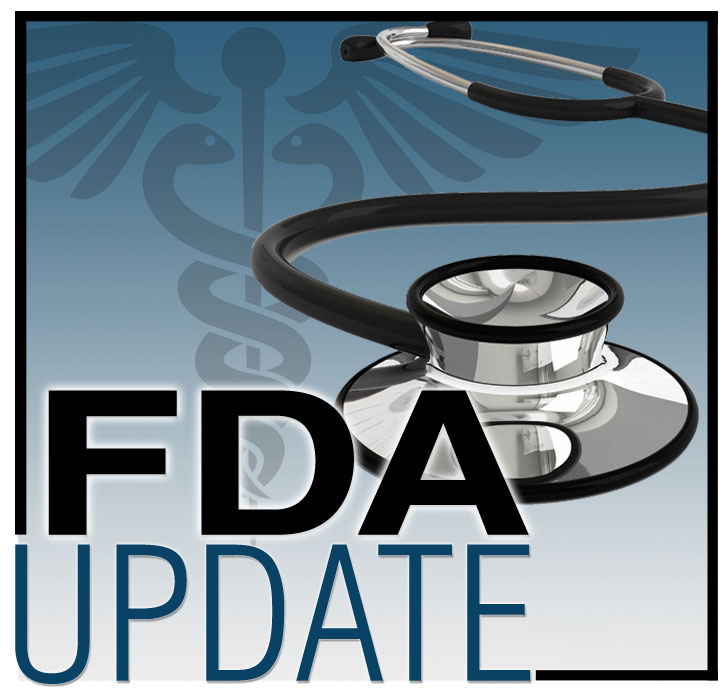
On February 22, 2017, the U.S. Food and Drug Administration (FDA) approved lenalidomide (Revlimid®, Celgene Corp.) as maintenance therapy for patients with multiple myeloma following autologous stem cell transplant.
In 2006, lenalidomide, an orally administered thalidomide analogue, received FDA approval for use with dexamethasone in patients with multiple myeloma who received at least one prior therapy. In 2015, the indication was expanded for use in combination with dexamethasone for the treatment of patients with multiple myeloma, to include newly diagnosed multiple myeloma patients who are not eligible for autologous stem cell transplant. Lenalidomide is also approved in myelodysplastic syndromes and mantle cell lymphoma.
The current approval was based on two randomized, controlled trials evaluating the efficacy and safety of lenalidomide maintenance therapy for the treatment of multiple myeloma patients after autologous stem cell transplant (CALGB 100104 and IFM 2005-02 trials). These trials demonstrated approximately a 15-month (CALGB) and 18-month (IFM) progression-free survival advantage, at the time of the primary analysis, in patients treated with lenalidomide compared with patients receiving placebo (hazard ratio (HR) in CALGB=0.38; 95% CI: 0.27, 0.54; p<0.001 and HR in IFM=0.50; 95% CI: 0.39, 0.64; p<0.001). The median overall survival was 111 and 106 months for patients treated with lenalidomide compared with 84 and 88 months for patients receiving placebo in the CALGB and IFM trials, respectively.
The types, frequency, and severity of adverse events (AEs) observed in the two trials were similar to those previously described in the product label. Neutropenia, affecting 56% of the 517 patients treated with lenalidomide in both trials, was the most frequently reported grade 3/4 AE. An increased incidence of second primary malignancies was reported among patients treated with lenalidomide compared with those receiving placebo. The lenalidomide product label notes an increase in second primary malignancies in patients with multiple myeloma treated with lenalidomide.
The recommended dose and schedule for lenalidomide is 10mg once daily continuously on days 1-28 of repeated 28-day cycles.
Full prescribing information is available.
Healthcare professionals should report all serious adverse events suspected to be associated with the use of any medicine and device to FDA’s MedWatch Reporting System by completing a form online, by faxing (1-800-FDA-0178) or mailing the postage-paid address form provided online, or by telephone (1-800-FDA-1088).
In collaboration with the FDA and as a service to our members, ONS provides updates on recent FDA approvals and other important FDA actions (e.g., updated safety information, new prescribing information) pertaining to therapies for patients with cancer. This allows the agency to inform oncologists and professionals in oncology-related fields in a timely manner. Included in the FDA updates is a link to the product label or to other sites for additional relevant clinical information. In supplying this information, ONS does not endorse any product or therapy and does not take any position on the safety or efficacy of the product or therapy described.





